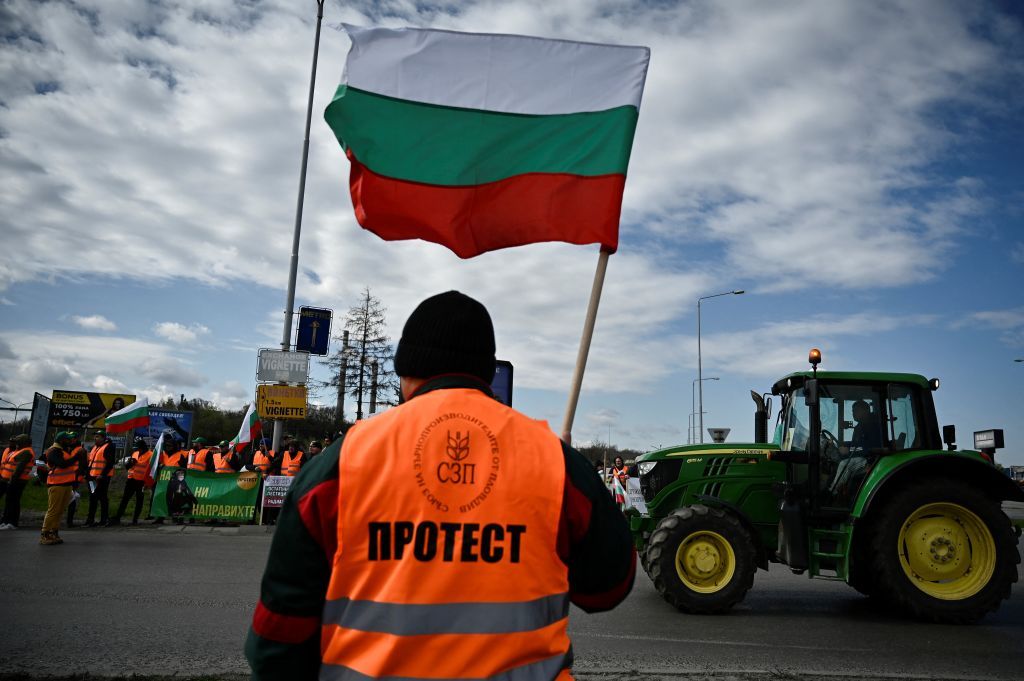The EU Commission put in place a month-long ban on wheat, maize, rapeseed, and sunflower seeds to "alleviate logistical bottlenecks" related to these goods in Bulgaria, Hungary, Poland, Romania, and Slovakia.
In exchange, Bulgaria, Hungary, Poland, and Slovakia pledged to cancel their unilateral limits on these and other products from Ukraine. They would still be obligated to transport these products elsewhere.
Ukraine's Foreign Ministry on April 29 lashed out at Poland and the EU on what it called a "categorically unacceptable" situation concerning the trade restrictions on Ukrainian grain, urging its allies to "find a balanced solution."
President Volodymyr Zelensky on April 28 said he spoke with European Council President Charles Michel regarding the ban, calling it "a gross violation of the Association Agreement and the founding treaties of the EU."
"This gives the Kremlin dangerous hope, the hope that in our common European home, someone's wrong decisions can prevail over common interests," Zelensky said in his evening address on April 28.
After starting its full-scale invasion, Russia blocked Ukrainian ports on the Black Sea, hindering Ukraine from exporting its grain via sea and forcing Kyiv to start exporting through neighboring countries, primarily Poland.
Soon, large quantities of cheap Ukrainian grain stayed in neighboring Poland, Hungary, Slovakia, Romania, and Bulgaria, affecting the prices and sales at domestic markets and causing an uproar among local farmers.
Ukraine's overload of food exports to the European Union has become a thorn in Kyiv's relationship with its close neighbors against the backdrop of a long-running political conflict between these countries and the European Commission.












